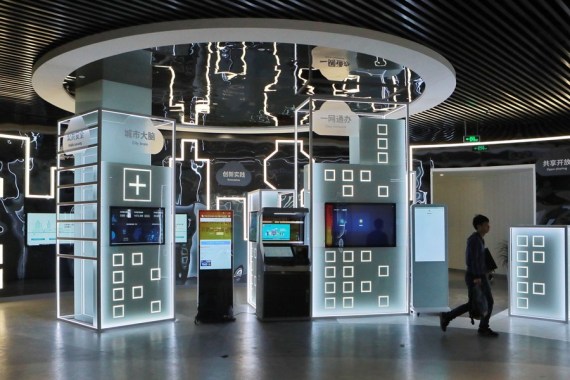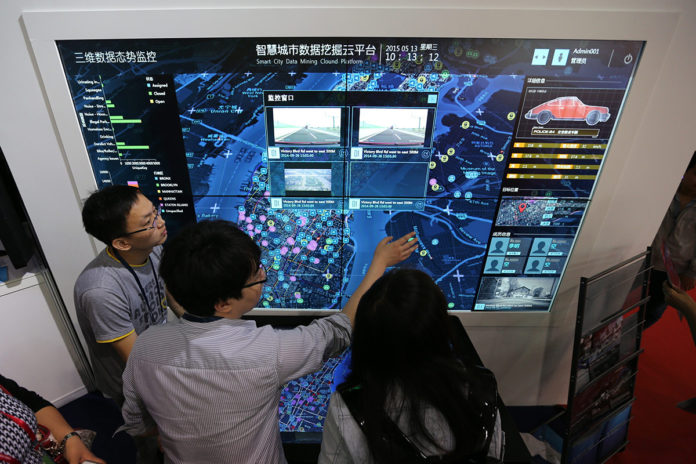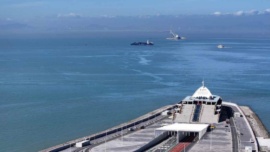
Sandro Mendonça
Professor, Iscte Business School (Portugal).
Coordinator of the European Commission report “The Futures of Big Tech”
A world re-wired by Big Tech is here. So, what does it mean? And what lies ahead?
The “Information Revolution” can be understood as yet another industrial revolution. Like the preceding ones, it is not a one-off bang but a complex process. That is to say, it has been about several partially overlapping cycles. Let us underline: it has been made up of trends and turns, of many booms and bursts, of substitutions and complementarities.
After the introduction of the microchip, we witnessed phase mutations and a “creative accumulation” of successive techno-economic waves: electronification in the 1970s, softwarisation in the 1980s, internetification in the 1990s, cloudification in the 2000s, platformisation in the 2010s and intelligentification in the 2020s.
Very large players emerged in the information and communication technologies (ICT). They build and bring to market network equipment (semiconductors, smartphones, etc.) but also new digital connectivity services (search, social media, artificial intelligence, etc.). The leading Big Tech combine hardware and software, deploy cloud infrastructure to power platform business models, and are driving AI innovation.

The contemporary corporate engines of change have become known as “Big Tech”. These dynamic, differentiated, diversified but also dominant players are mostly headquartered in the US, known by the acronym “GAFAM” (the popular tech stocks Google, Apple, Facebook, Amazon, and Microsoft), but can be found also in China, labelled “BAT” (Baidu, Alibaba, Tencent). Some other companies, like Tesla or Xiaomi, TNMC and NVIDIA, are also lumped together under the same label. None of them comes from Europe, which has been losing ground. In fact, in early 2010s the EU was 91% of US GDP but by the early 2020s it had dropped to 65%.
Capitalising on mega-economies of scale and scope makes Big Tech the carriers of both the promises and the perils of new technologies. Tremendous economic and political power is implied. Distinct solutions are followed in different geographies. In the US, economics rules. In China, politics rules. In the EU, rules rule. What does it mean? The US system is all about letting private interests define the rules of the high-tech game, in China economic developments in the platform economy are subordinated to political rulemaking, while in the EU a cobweb of regulatory instances converges on a set of ICT-related issues in a fragmented continent from which scarcely any “new economy” innovator was able to spring onto the world stage.
So,… the next future is already online: the US as the trend-setter, China successfully scaling-up sophisticated alternatives, and the EU promoting the “Brussels effect” as the template for advanced market pro-consumer frameworks. But,… is the best future(s)? Here lies the challenge. The fight for the soul of informational capitalism in the 21st century is out. Surely, a novel mix of industrial and regulatory policies must be pursued, all under peoples’-based governance.
























